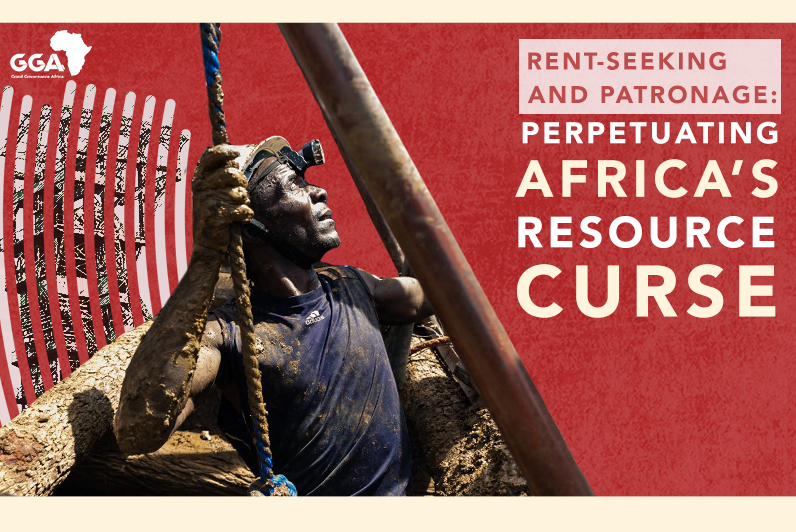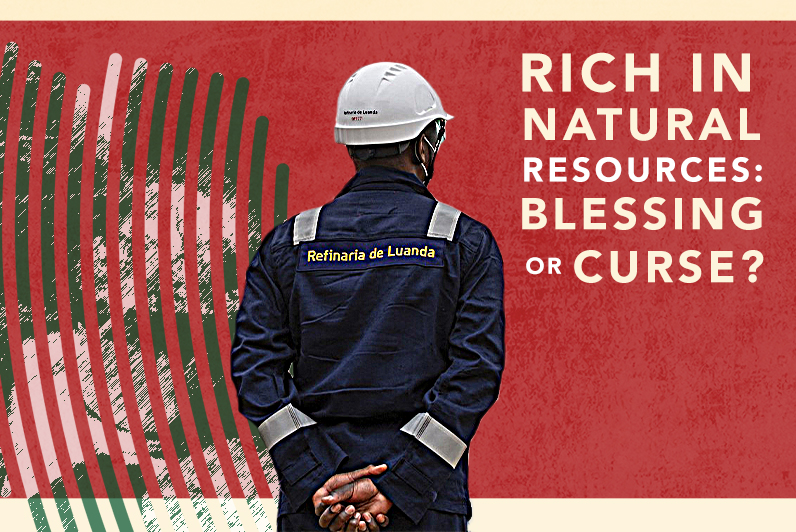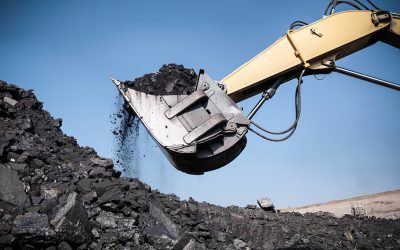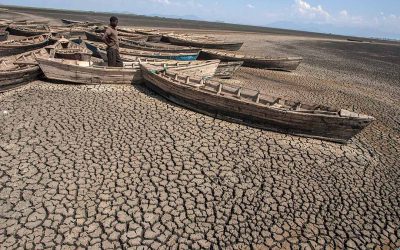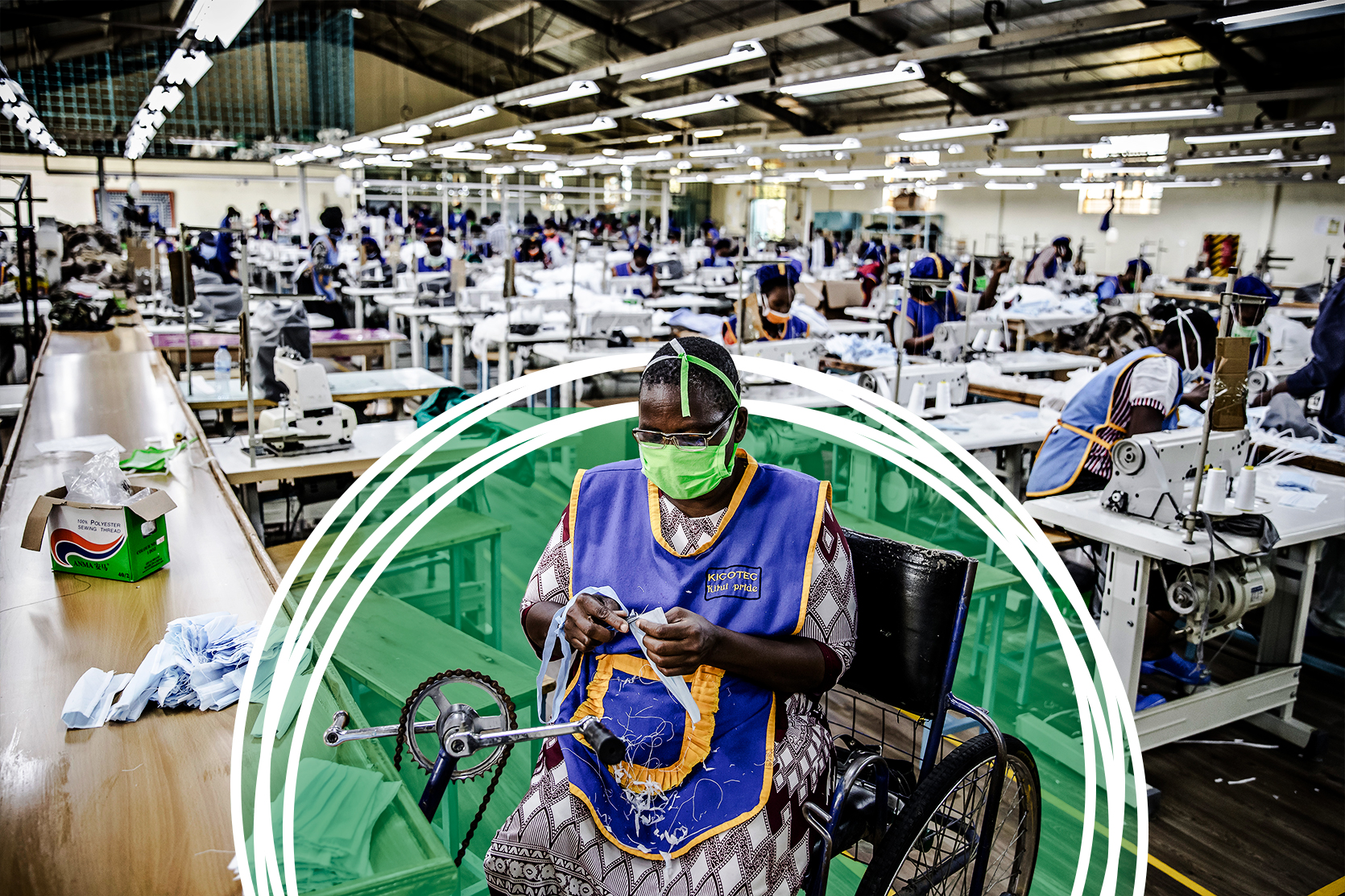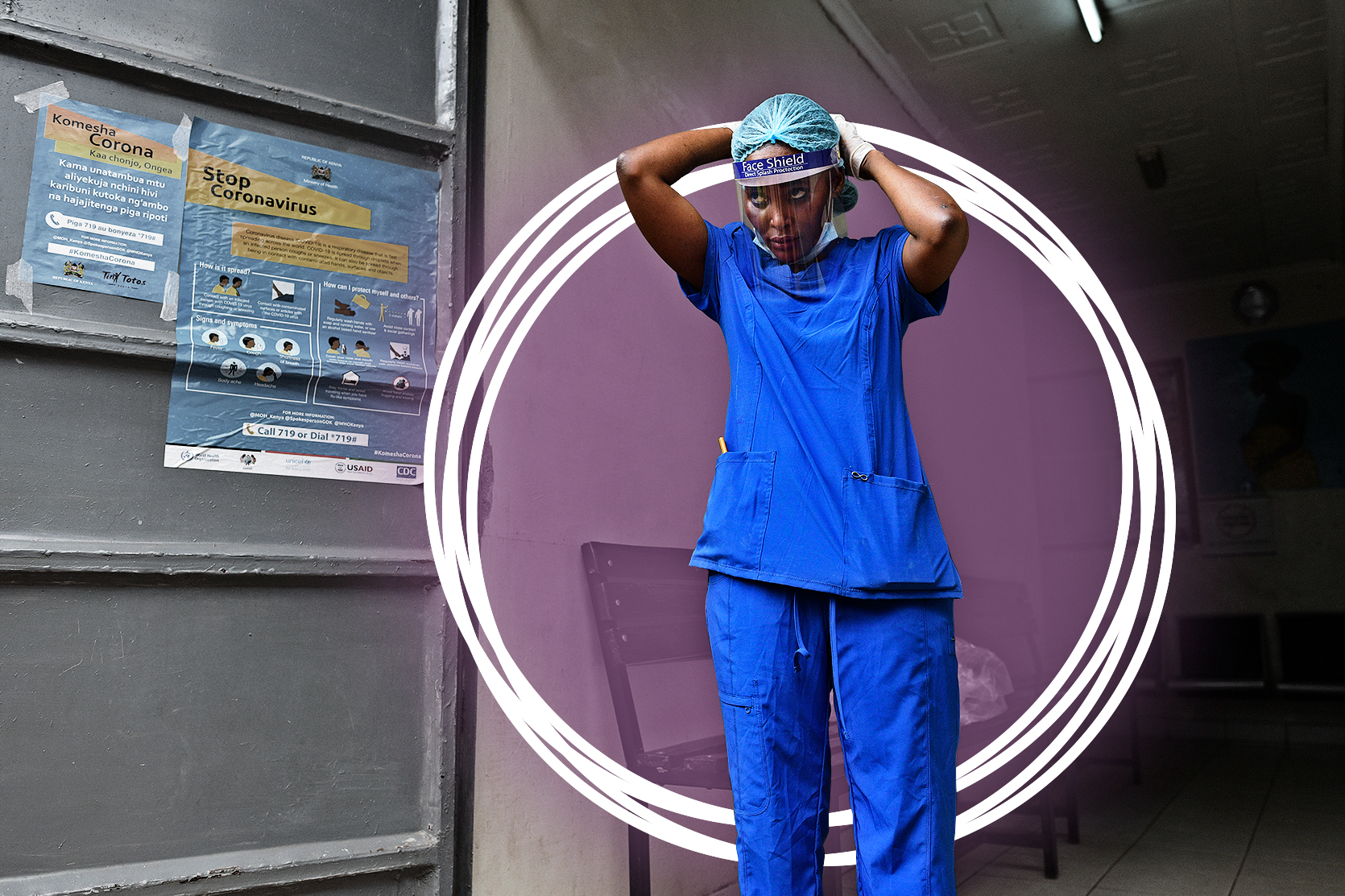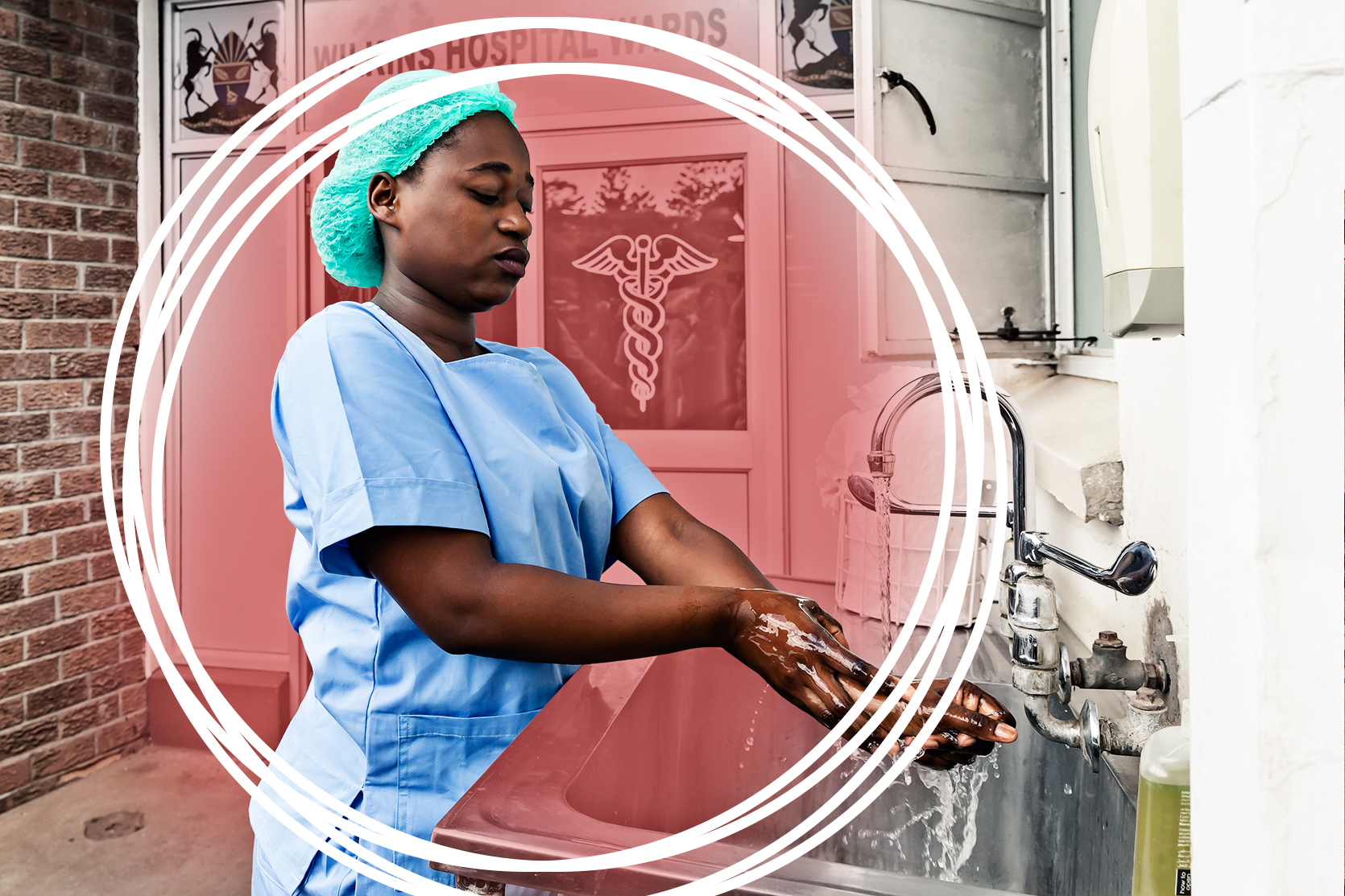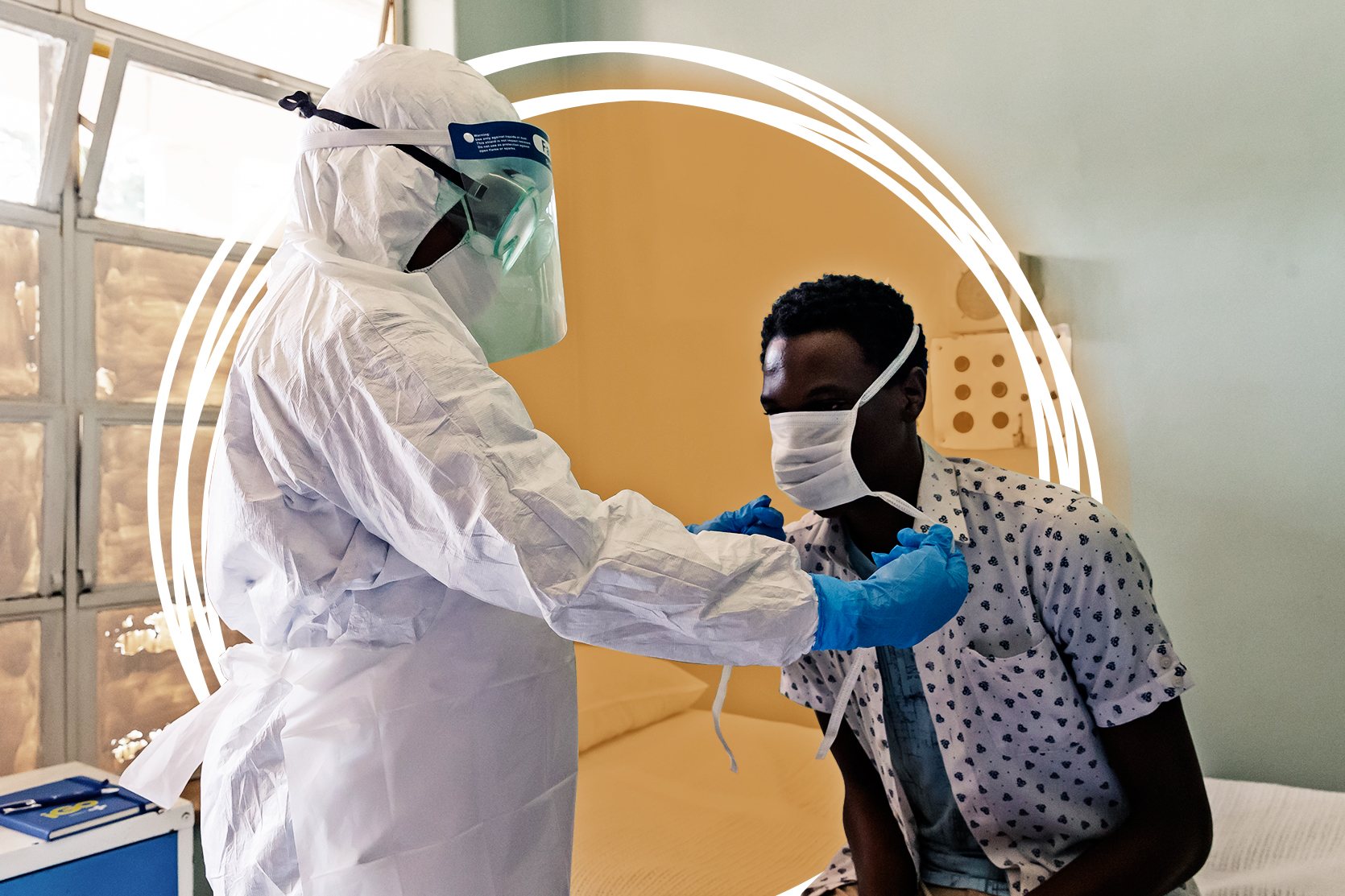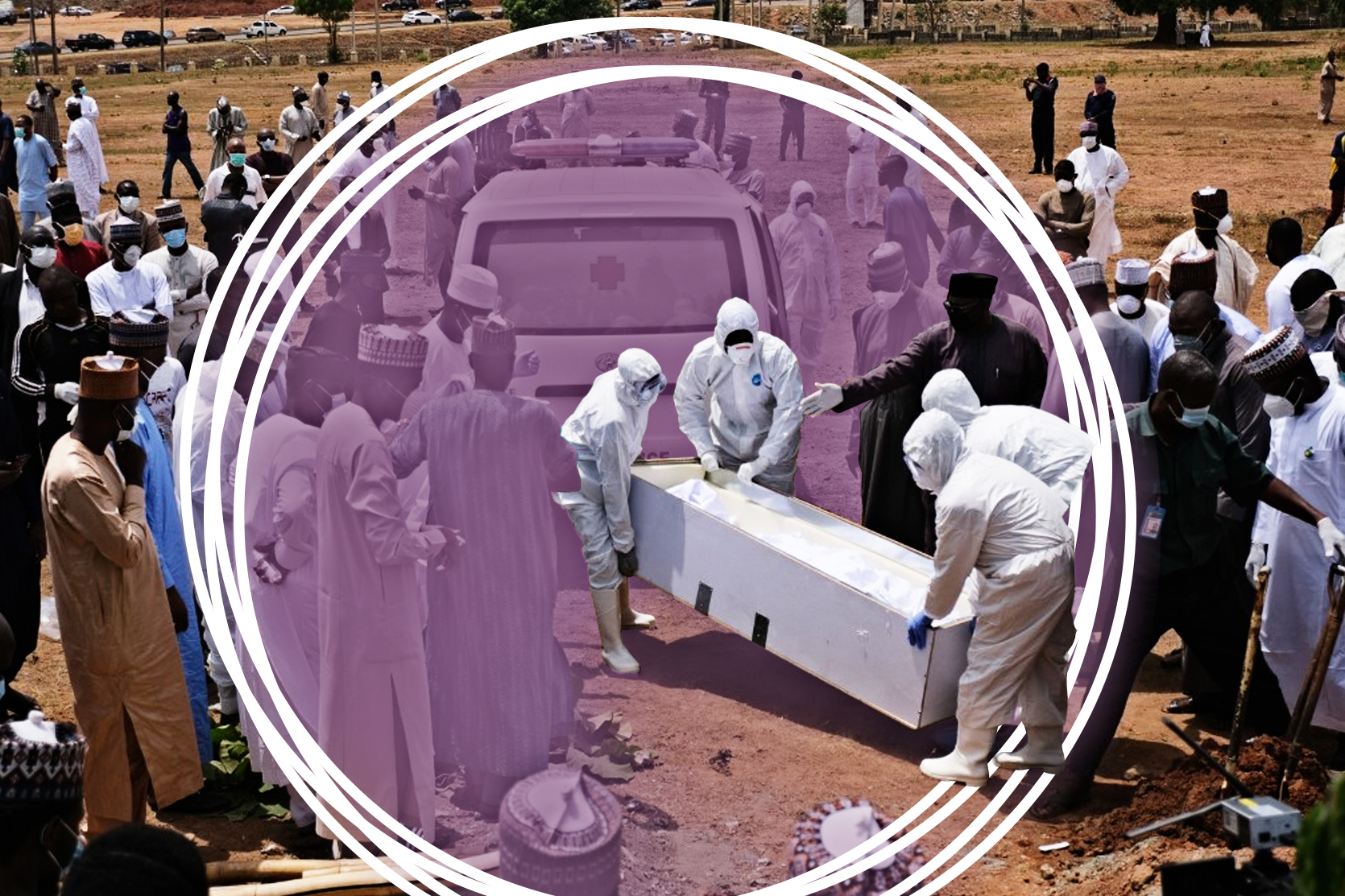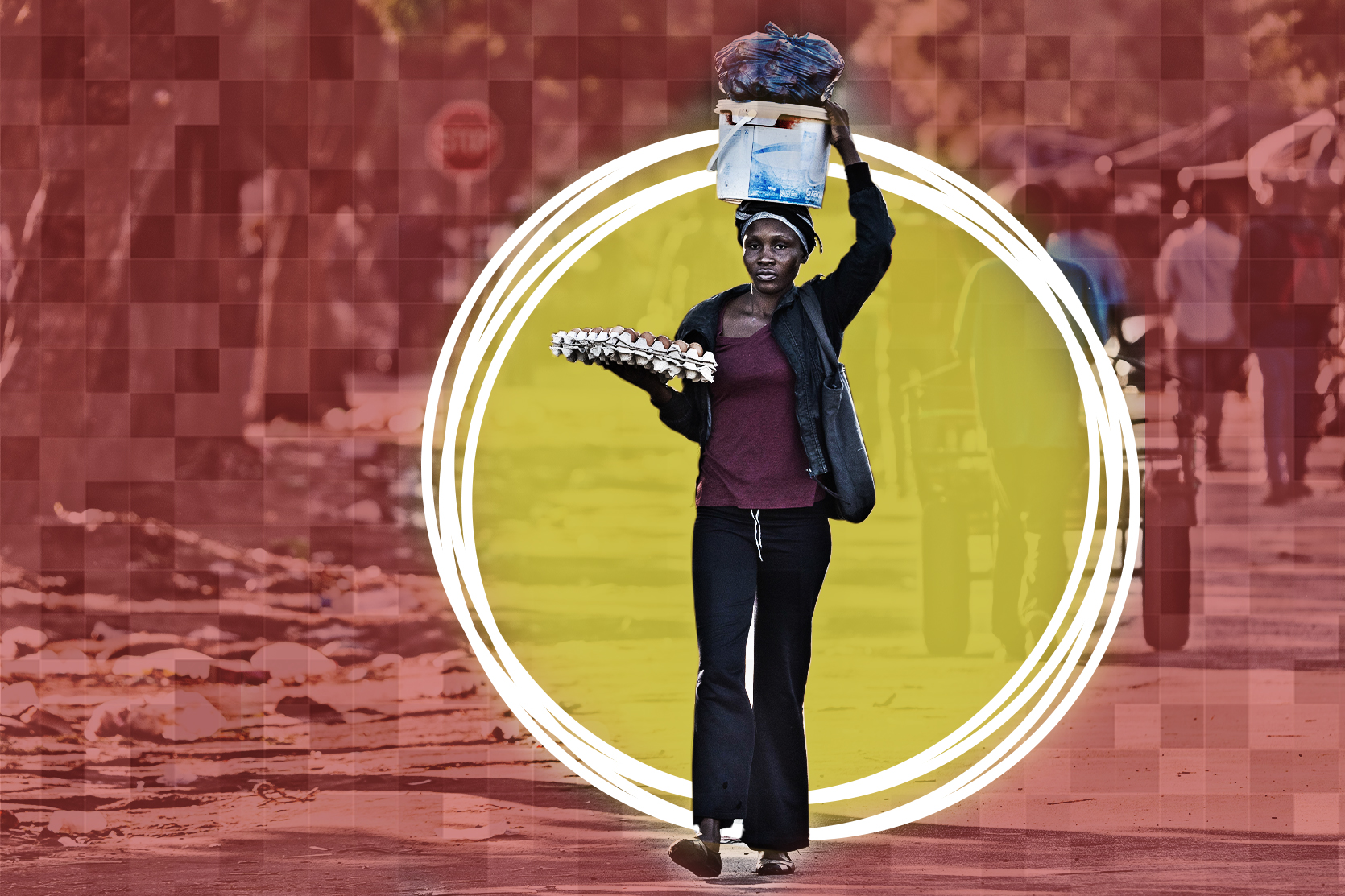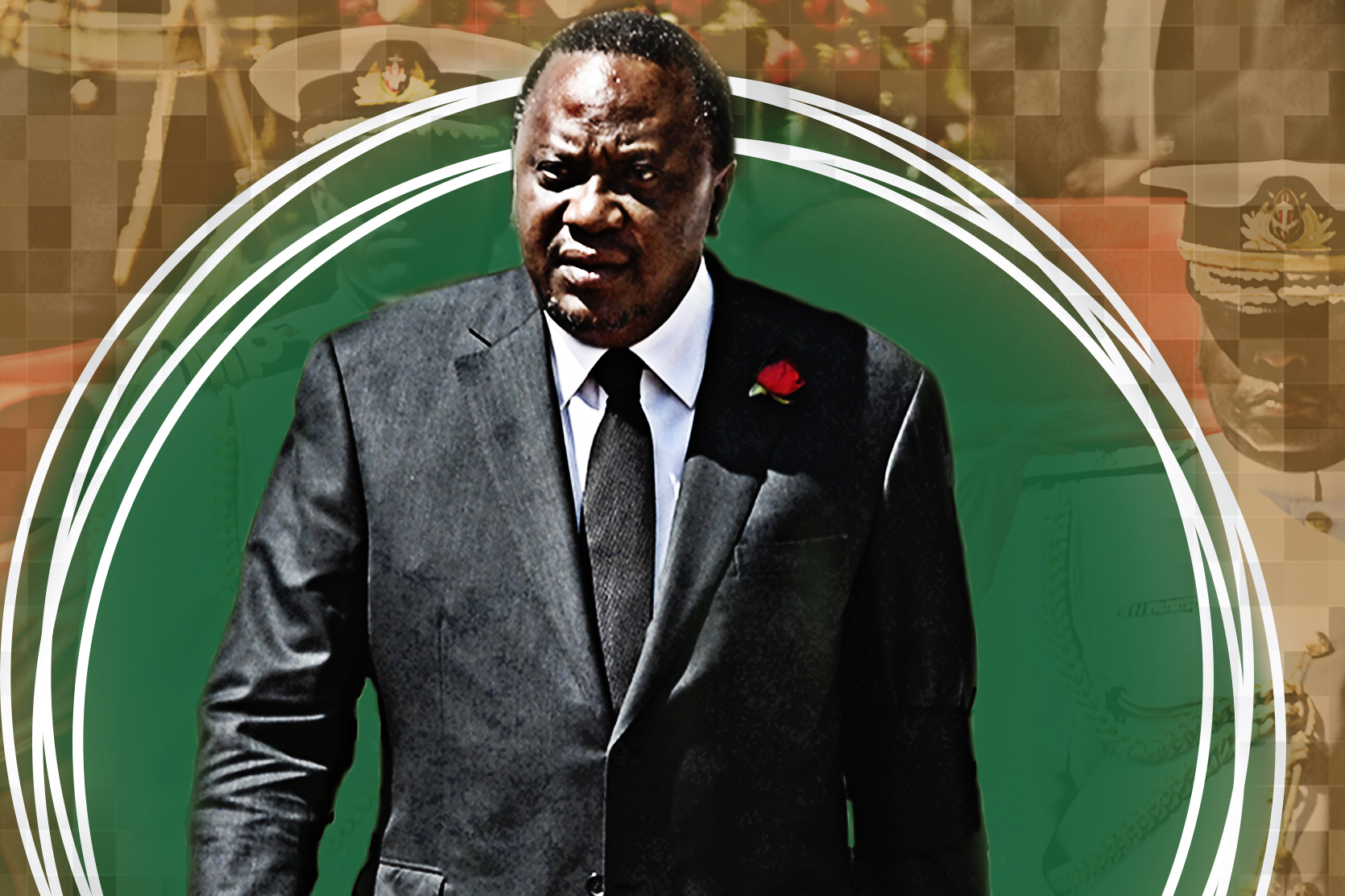The wild cost of oil exploration:
Oil prospecting off South Africa’s Wild Coast threatens far more than its delicate ecosystem
Reversing the Resource Curse
The impact of rent-seeking and patronage in perpetuating the Resource Curse
As we gain better understanding of how the Resource Curse manifests in developing countries, we now pay close attention to the key mechanisms that drive the Resource Curse even deeper. Rent-seeking and patronage are among the key contributing factors to this wicked problem.
How the Resource Curse has played out in Nigeria and Angola
In weakly institutionalised contexts, natural resource wealth tends to be a curse instead of a blessing. Where citizens are relatively powerless to hold ruling elites to account, resource wealth undermines development prospects.
An assessment of the Extractive Industries Transparency Initiative
By Busisipho Siyobi
The Extractives Industries Transparency Initiative (EITI), founded in 2003, was formed as a tool to improve and promote transparency in the oil and gas, and mining sectors, respectively.
Climate change
COP26: the 11th hour for international climate action and a crucial moment for Africa
Climate change is perhaps the epitome of a ‘wicked problem'. On the one hand, it is a relatively abstract concept, the concrete reality of which is...
Covid-19
Cameroon: Covid-19 worsens pre-existing vulnerabilities for some
Even before the outbreak of the coronavirus pandemic, persons living with disabilities in Cameroon had a peculiar problem – they lacked adequate social support and service delivery.
C-19: Kenya passes the burden – to the individual
After months of coronavirus lockdown, President Uhuru Kenyatta on 7 July announced phased reopening in Kenya, paving the way for the resumption of international flights from 1 August.
Zimbabwe’s ill-equipped health infrastructure
Despite Zimbabwe’s crumbling public health infrastructure, former health minister Obadiah Moyo told journalists in Harare on 2 May, 18 days before the country recorded its first Covid-19 case, that the southern African nation was ready to handle the global pandemic.
COVID-19: Cameroon adopts 3T strategy but emergency fund remains cloudy
Cameroon is one of the most badly hit countries by the coronavirus in Sub-Saharan Africa. By 11 July, the country had recorded 15,173 cases, emerging with about half of the total number of cases in the central African sub-region.
Nigeria: A pandemic and a weak health system
The COVID-19 pandemic has thrown up challenges for Nigeria’s health system quite unlike those posed by the Ebola virus or other epidemics, and also emphasised its weaknesses, across the board.
C-19 in Zimbabwe: Work and Jobs
As captured by Finance Minister Mthuli Ncube’s desperate plea for $200 million in a letter to IMF Managing Director Kristalina Georgieva on April 2, the Covid-19 pandemic could not have struck Zimbabwe at a worse time.
C-19: Work and Jobs in Kenya
In 2019, no less than 38.57% of young Kenyans (or 5,341,182 of 13,777,600) were out of work, according to census data. Article 260 of Kenya’s Constitution defines a youth as a person aged between 18 and 34.
Covid-19
Cameroon: Covid-19 worsens pre-existing vulnerabilities for some
Even before the outbreak of the coronavirus pandemic, persons living with disabilities in Cameroon had a peculiar problem – they lacked adequate social support and service delivery.
C-19: Kenya passes the burden – to the individual
After months of coronavirus lockdown, President Uhuru Kenyatta on 7 July announced phased reopening in Kenya, paving the way for the resumption of international flights from 1 August.
Zimbabwe’s ill-equipped health infrastructure
Despite Zimbabwe’s crumbling public health infrastructure, former health minister Obadiah Moyo told journalists in Harare on 2 May, 18 days before the country recorded its first Covid-19 case, that the southern African nation was ready to handle the global pandemic.
Human Security
READ BETWEEN THE LINES
Sign-up to our newsletter to get the inside track on Africa

